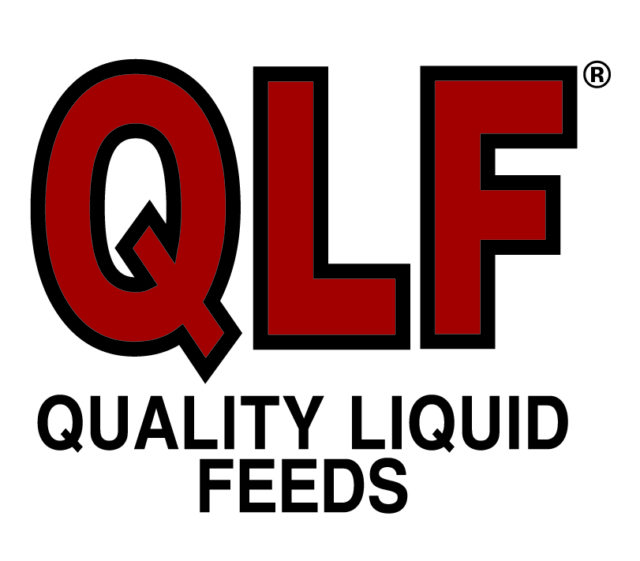 Scan the QR code for more information on the nutrient requirements of beef cattle.
Scan the QR code for more information on the nutrient requirements of beef cattle.
In the last year, we have all become more adept at adapting to sudden change and having to develop alternative strategies due to the COVID-19 pandemic. High feed prices fall into this decision tree.
When feed prices increase, alternative or non-traditional feed sources can become more attractive from a price standpoint, but quality aspects can vary significantly.
To determine if a feed will work for our operation, we have to consider several factors. First, producers should understand animal production goals at the time of feeding supplement. Will the feed be used for cow-calf maintenance, to add gain to thin animals, in development for replacement heifers or bulls, or as part of backgrounding systems for weaned calves? The nutrient requirements of beef cattle change across various stages of production. Review the Alabama Cooperative Extension Publication ANR-0060 Nutrient Requirements of Beef Cattle for information on daily dry matter intake (DMI), energy, protein and mineral needs for cattle on your farm.
Next, conduct a forage analysis to determine how to supplement forage appropriately. Cattle in the southeast U.S. derive the majority of their daily nutrient needs from forages. Supplemental feeds are used to complement the forage base and help make more efficient use of forages in the diet either through improving forage digestion or extending forage availability. Taking these two key steps into consideration can help a producer select an appropriate supplement by better understanding the energy, protein and mineral shortfalls in the operation.
When evaluating a feedstuff for purchase, consider cost per pound of total digestible nutrients (TDN) and/or crude protein (CP) as ways to compare the price and quality of different feeds. Ask questions about the quality of feed being purchased and general feeding recommendations. For example, a feed supplement to support maintenance of beef cows may be different in quality than a feed used to support growth and gain in stocker calves. A product designed to supplement protein may not provide enough digestible energy to support gain in growing animals. A lot of times, if it seems too good to be true, it often is when it comes to purchasing feeds.
While low cost does not always equal low quality, the only way to be sure is through reviewing an analysis. Contact your local extension office for more information and next steps on developing rations for beef cattle.







